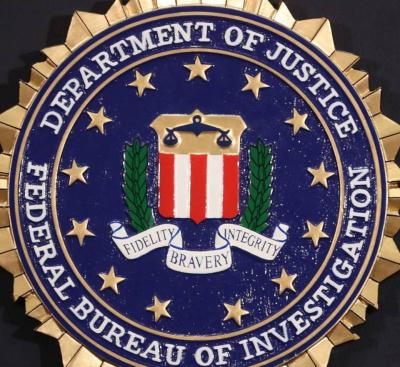A group of bipartisan American lawmakers has introduced a bill aimed at curbing the sweeping surveillance powers of the Federal Bureau of Investigation (FBI), stating that the new legislation will help close loopholes that allow officials to obtain data on Americans without a warrant. The bill comes after more than a decade of discussions regarding surveillance powers enacted after September 11, 2001, which permit local law enforcement to examine vast amounts of data collected by U.S. intelligence agencies without judicial approval.
The reforms in the proposed legislation include imposing restrictions on the examination of Americans' communications without a warrant and banning secret searches for intelligence purposes. Senator Ron Wyden, a long-time critic of government surveillance, stated at a press conference on Tuesday, "We are introducing a bill that protects the security and freedom of Americans."
The White House and the FBI have not yet responded to requests for comments, although executive branch officials have long insisted that surveillance authority, which is set to expire at the end of the year, is a critical tool in fighting espionage and terrorism and are pushing for its extension. The reforms presented today reflect concerns over warrantless searches permitted under Section 702 of a law related to intelligence gathering within the United States. Opponents of this law expressed outrage when the Office of the Director of National Intelligence revealed in July that the FBI had improperly investigated a U.S. senator and two state officials.




